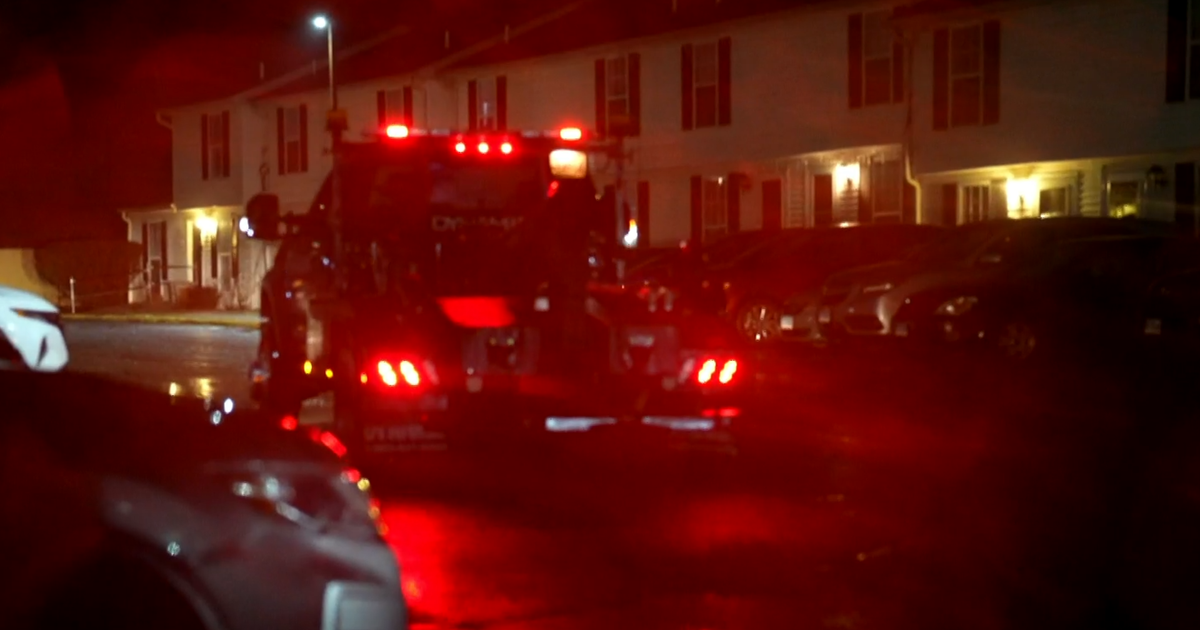Law that allows towing companies to sell seized cars is predatory, critics say
Law that allows towing companies to sell seized cars is predatory, critics say

Critics of the law call it predatory and say private tow truck operators are targeting working class neighborhoods.
Read the full article on CBS US
Truth Analysis
Analysis Summary:
The article's claim that a Connecticut law allows towing companies to sell seized cars after 15 days and that critics call it predatory is plausible, but the provided sources do not directly confirm the 15-day timeframe or the predatory nature of the law. The sources primarily focus on towing regulations in various states, offering limited direct verification of the specific claims related to Connecticut. There is a moderate bias due to the inclusion of the "predatory" label without sufficient supporting evidence within the provided sources.
Detailed Analysis:
- Claim:** "Law that allows towing companies to sell seized cars is predatory, critics say."
- This claim is partially verifiable. The provided sources do not directly confirm that Connecticut law allows towing companies to sell seized cars after a specific timeframe. However, Verification Source #4 (Michigan) mentions that if you lose your vehicle, it can be sold. This suggests that such laws exist in some states. The "predatory" label is attributed to critics, indicating a potential bias.
- Claim:** "private tow truck operators are targeting working class neighborhoods."
- This claim is not verifiable with the provided sources. None of the sources address the targeting of specific neighborhoods by towing companies. This claim relies on anecdotal evidence or external sources not provided.
Supporting Evidence/Contradictions:
- Verification Source #4: Supports the general idea that towed vehicles can be sold if not claimed or if a hearing is lost.
- Verification Source #1: Focuses on towing regulations in Connecticut, but does not mention the 15-day timeframe or the ability of towing companies to sell seized cars. It does mention fees for release of vehicles.
- Verification Source #2: Discusses towing regulations in Georgia, which is not directly relevant to the Connecticut law in question.
- Verification Source #3: Discusses towing regulations in Washington state, which is not directly relevant to the Connecticut law in question.
- Verification Source #5: Discusses towing regulations in Arkansas, which is not directly relevant to the Connecticut law in question.
- The provided sources do not offer direct evidence to support or contradict the claim that the law is "predatory" or that working-class neighborhoods are being targeted. This assessment is based on the absence of coverage in the provided sources.

